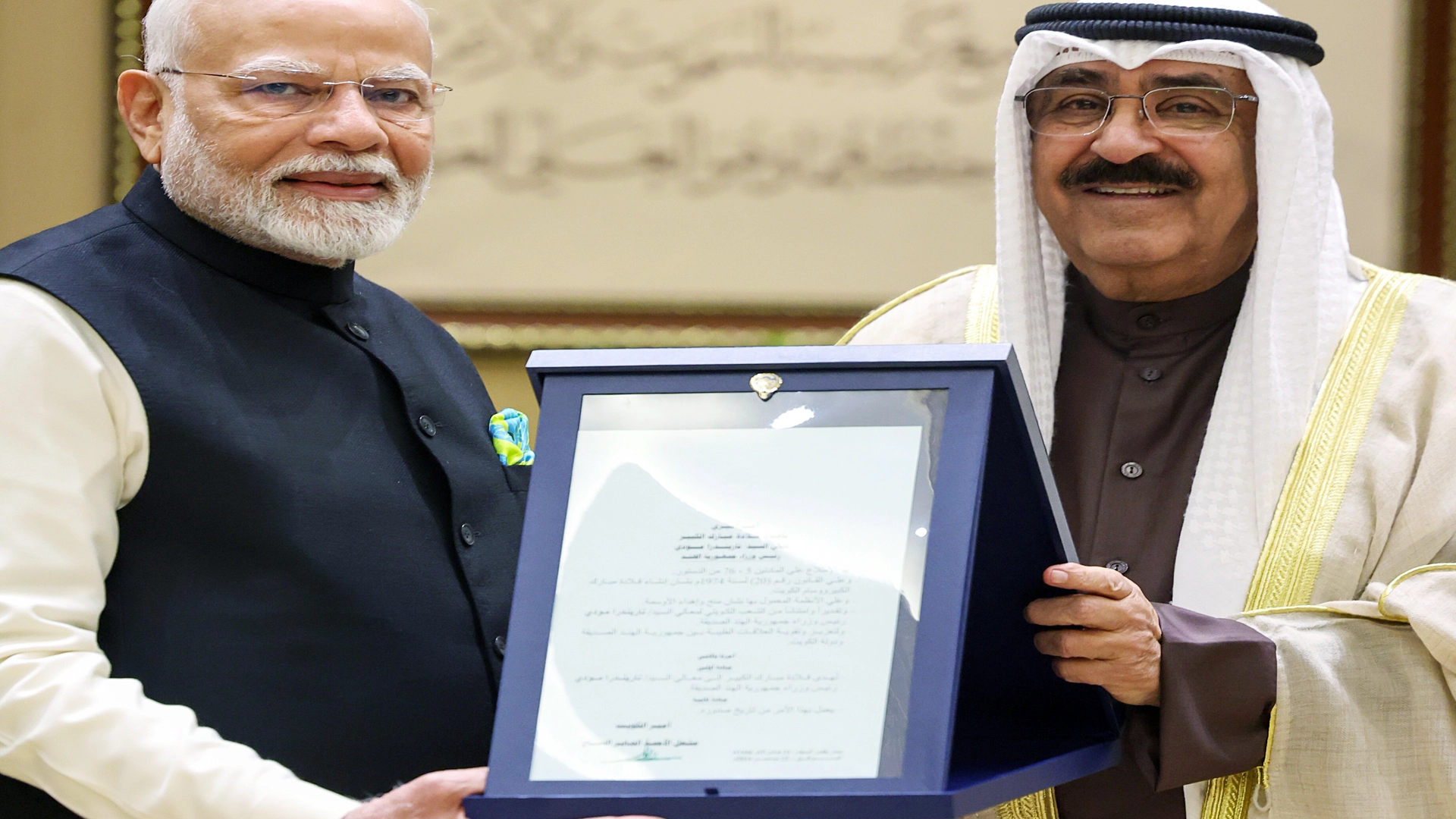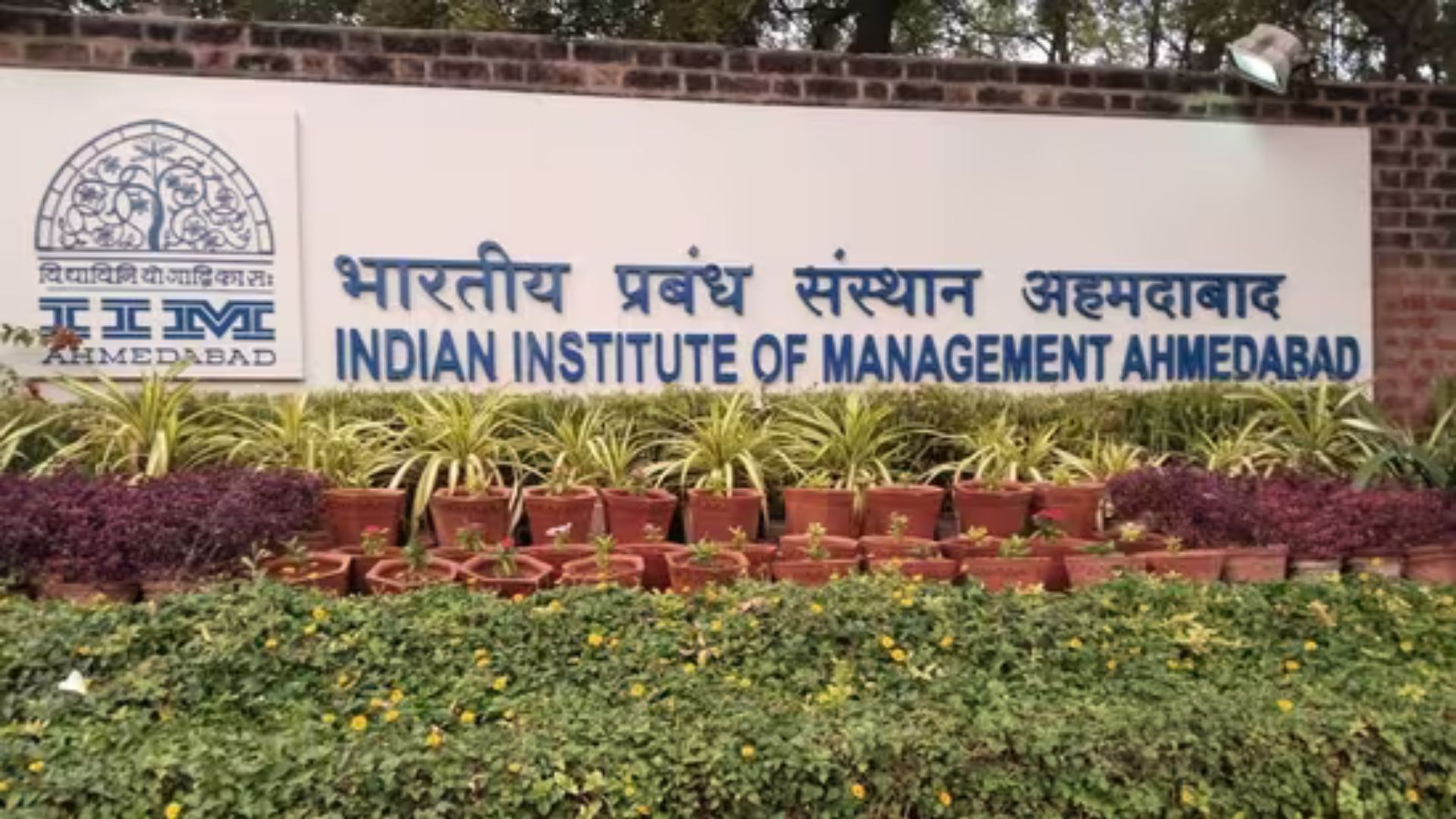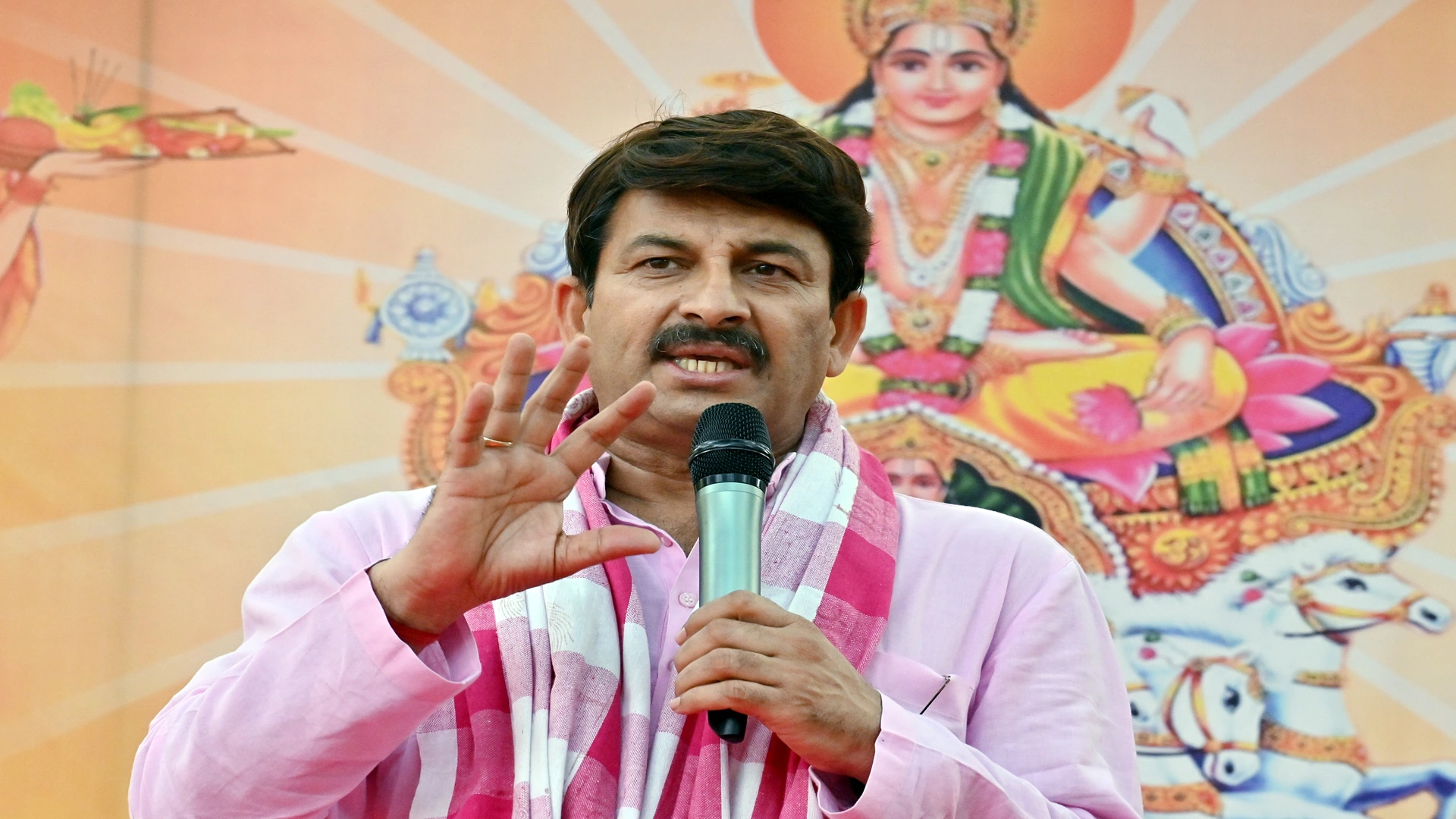Mariyam Shiuna, a Maldivian politician and one of three deputy ministers suspended earlier this year for social media posts about India’s political leadership, has issued her “sincerest apologies” for a recent post that purportedly disrespected the Indian Tricolour, an act which had incited a diplomatic dispute.
Shiuna, having deleted the controversial post, stated that her intention was not to show disrespect towards India or its national flag.
“I extend my sincerest apologies for any confusion or offence caused by the content of my recent post. It was brought to my attention that the image used by me bore a resemblance to the Indian flag. I want to make it clear that this was entirely unintentional. In future, I will be more vigilant in verifying the content I share, to prevent such oversights,” she stated on X (formerly known as Twitter).
Watch here: –
I would like to address a recent social media post of mine that has garnered attention and criticism .I extend my sincerest apologies for any confusion or offense caused by the content of my recent post.
It was brought to my attention that the image used in my response to the…
— Mariyam Shiuna (@shiuna_m) April 8, 2024
She mentioned that the image was intended to mock the opposition Maldivian Democratic Party (MDP); the island nation is set to conduct parliamentary elections on April 21.
“Maldives deeply values its relationship, and the mutual respect we share with India,” stated the suspended deputy minister from President Mohamed Muizzu’s ruling People’s National Congress (PNC).
In the removed post targeting the opposition MDP’s campaign poster, the opposition party’s emblem was substituted with a symbol resembling the Ashok Chakra; on the Indian flag, this Navy Blue Ashok Chakra is featured on the white middle band.
“The MDP is heading towards a big slip. The people of Maldives do not want to fall and slip with them,” the post stated.
In January, Shiuna, along with colleagues Abdulla Mahzoom Majid and Malsha Shareef, faced suspension by the Muizzu administration, perceived broadly as anti-India and pro-China. The ministers’ remarks originated from their perception of Indian authorities promoting the Lakshadweep islands as a tourism competitor to the Maldives.







